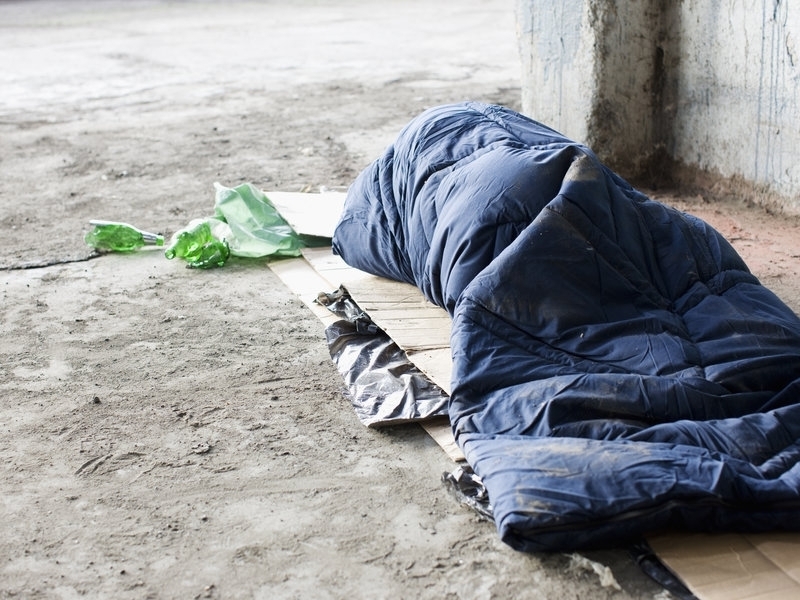People taking in rough sleepers – and SWEP update

People taking in rough sleepers – and SWEP update
This is a long post covering a sensitive subject. We've given a lot of thought about whether to talk about it, and have decided to go ahead on the basis that difficult matters shouldn't be shied away from.
Recently we have become aware of a small number of members of the public taking in and caring for rough sleepers.
There is no doubt that this has happened for purely compassionate reasons – people are desperate to help, and we understand that.
We are, though, very concerned about this and would advise against it. This is for two main reasons.
Firstly, many rough sleepers have very complex needs and there are often multiple reasons why they are on the street. They variously require the specialist interventions of mental health, physical health, alcohol or drug addictions services, as examples.
We and our partner organisations such as Catching Lives and Porchlight can spend many months working with individuals, building up their trust and confidence, addressing their health issues and supporting them into a position in their lives where they can access suitable housing and get off the streets for good.
If we cannot continue this because they suddenly disappear, it can undo weeks or months of often productive work. Much of this work takes place at the winter night shelter or via the Severe Weather Emergency Protocol (SWEP – more on these below), when we can intervene, often on an intensive basis, and put support in place.
And eventually, rough sleepers who have been taken in by members of the public will end up back on the streets, because it can never be a permanent arrangement. But at that point, support initiatives such as the winter shelter and SWEP may not be running, and our chance to intervene may be lost, or reduced.
The second concern is for those people who take rough sleepers in due to the potential personal risk involved. The truth, uncomfortable though it might be to hear, is that some rough sleepers have a history of violence or significant mental health conditions.
We are therefore concerned that people who open their home up could be putting themselves at risk.
For these two reasons, therefore, our strong preference is for rough sleeper support to be left to the agencies and charities who have the expertise to deal with it.
To make a real difference to the lives of those sleeping on the streets, please instead donate your money or your time to two fantastic homeless charities operating in this area.
SWEP remains operational and will be until early next week. The winter night shelter is also still in place. But we are particularly concerned about temperatures this coming weekend.
Under SWEP, we react to reports of a rough sleeper by offering the individual support in the form of accommodation, if they want it, such as bed and breakfast or temporary housing.
Since Friday, we have offered placements to nine people, with five accepting this and four declining. The latter are all individuals who are known to the rough sleeper initiative. We will continue our efforts to engage with them and encourage them to come in. They are some of our most complex clients.
The help of the public is vital when SWEP is in place and we welcome all reports, but we do ask for as much information as possible about the individual, such as a precise location, estimated age and potential distinguishing features such as hair colour. This enables us to get to people as quickly as possible.
Reports can be made via Streetlink. You can also call us on 0808 196 8140 (daytime) and 01227 781879 (out of office hours). And if you think there is an immediate risk to an individual's life, you should call 999.
It is important to note that even if you contact us about a rough sleeper, you should not necessarily expect to see that individual removed and placed into accommodation. This is not because the authorities have failed to react to your report, but because the individual has declined support.
You can find out more about the winter night shelter this year, and the support we and our partners offer all year round on rough sleeping.
Published: 11 February 2021